A flurry of nervous blog posts about “the dangers of paid book reviews!” and “Google Penalties!” drove me to dig deeper into exactly what FTC guidelines mean for sites like SPR. Here’s the upshot of three months of advice and research.
I contacted the FTC, and spoke to an officer about paid book reviews. It is about time we all had it from the horse’s mouth.
Here’s the take-home:
The FTC Guidelines that the doom-n-gloom bloggers have been banging on about (with Matt Cutts of Google quotes akimbo PENALTIES! BOOKS BEING REMOVED! SHOCK! HORROR! SIX-FIGURE FINES! YIKES! END OF THE WORLD!) are actually (drum roll)
THE WRONG GUIDELINES.
FTC .com advertising guidelines don’t apply to impartial, professional, paid book reviews. Yes, that’s right, they really don’t. WHY?
There is actually another set of guidelines apart from advertising guidelines, that apply to endorsers and reviewers in particular (a paid review is considered an endorsement). This is where the scaremongering has gone awry.
The PDF of these guidelines, rather than the advertising ones, which DO NOT apply, can be found here.
In these guidelines, you will see there is a paragraph that states: “Endorsements must reflect the honest opinions, findings,belief or experience of the endorser.” The fact we star reviews, and book links only ever go to book pages and not to a cart to make the purchase, and we do not gain any affiliate money from the follow links in the post, we have been absolutely assured that paid reviews are absolutely fine to be shared online without any ill effect. They are NOT paid content.
As for Google, the definition of “paid content” or “sponsored content” is as follows:
Content written and provided wholly or partially by the payer. For instance, a shampoo advertisement is written by the shampoo company’s PR department and posted on a blog. The blog does not use the shampoo or write the copy. They simply post it.
A paid review does NOT fall under “paid link”,”paid content” or “sponsored content,” because the client provides the book and the reviewer writes the copy, which is original, honest, impartial opinion that does not reflect the client’s opinion – but, FTC guidelines are quick to point out, if a review of a product happens to match the opinion of the client, it’s not an issue in any way, as long as that opinion is the reviewer’s own.
The Interactive Advertising Bureau (IAB) defines native advertising as “paid ads that are so cohesive with the page content, assimilated into the design, and consistent with the platform behavior that the viewer simply feels that they belong.”
This is clearly not what paid book reviews are, just because the word “paid” is used. We aren’t advertising. We’re endorsing and reviewing.
Our site is clearly labeled as a “professional book reviews” site. There’s no doubt that’s our product. We aren’t blogging about our life, and then getting sent a product that we rave about to post on Facebook. There’s a fine line, but “mommy blogs” do this, and they have to declare their post is compensated. Stacy Molter writes a quick 101 here on thesitsgirls.com. But that’s not what our site is. We’re marked on every single page and post as a company that writes reviews for money.
The FTC Guidelines also only apply to US companies and US clients.
I hate misinformation on blogs, and I hate “experts” crawling out of the woodwork ready to be outraged. Especially for self-publishers who have so much to think about already.
I hope this will set the record straight that out of the thousands of things to worry about when you self-publish your work, getting a professional review and sharing it is not one of them.
Get an Editorial Review | Get Amazon Sales & Reviews | Get Edited | Get Beta Readers | Enter the SPR Book Awards | Other Marketing Services










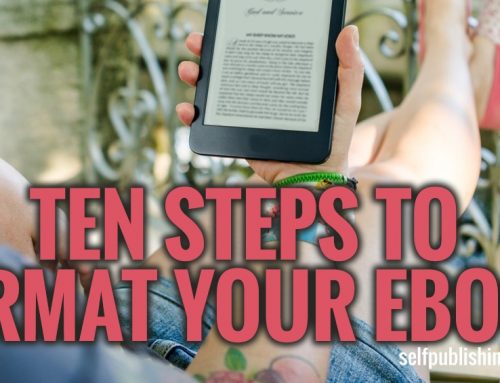

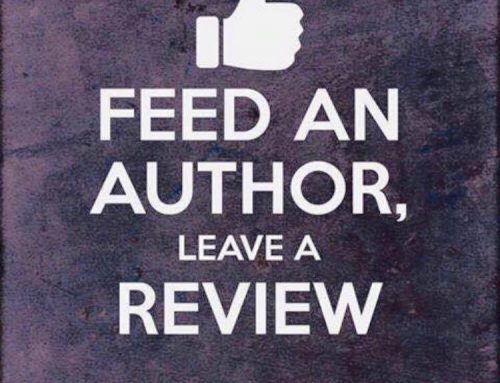


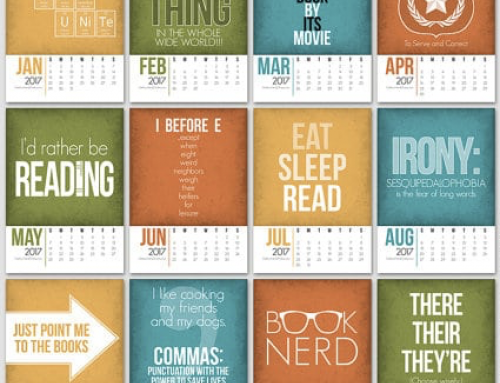

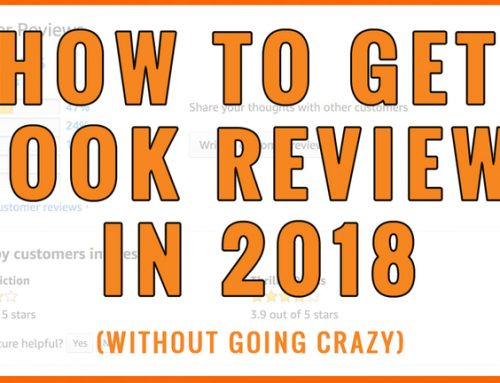


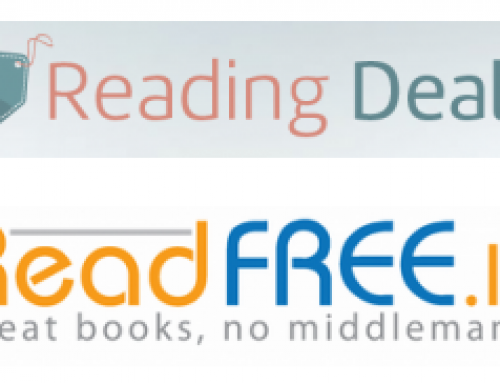
Leave A Comment